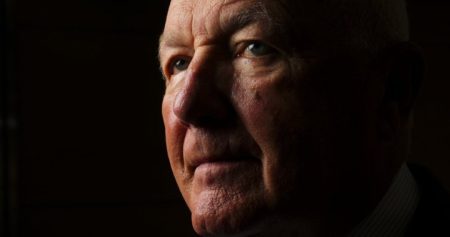The province of Alberta, Canada, finds itself embroiled in a legal battle over the recently passed Bill 26, legislation that restricts access to gender-affirming care for transgender youth. Egale Canada, Skipping Stone, and several Alberta families have joined forces to challenge the bill’s constitutionality, arguing that it infringes upon the fundamental rights of gender-diverse young people. This legal action marks an unprecedented moment in Canadian history, as it represents the first time a provincial government has moved to prohibit access to this type of healthcare. The plaintiffs contend that Bill 26 violates several sections of the Canadian Charter of Rights and Freedoms, including the right to security of the person, freedom from cruel and unusual treatment, and the right to equality. They also assert that the bill contravenes the Alberta Bill of Rights, specifically the right to equality and the right to informed consent regarding medical procedures.
The core of the plaintiffs’ argument centers on the belief that medical decisions concerning transgender youth should be made collaboratively by the young people themselves, their parents, and healthcare professionals, without government interference. They criticize the Alberta government for disregarding expert opinions and evidence-based practices in favor of what they characterize as fear-mongering and misinformation targeting a vulnerable population. Dr. Victoria Bucholtz of the TransAction Alberta coalition echoes this sentiment, lamenting the government’s disregard for the voices of Albertan families and its reliance on fear-mongering tactics. She emphasizes that the legal challenge became a last resort after repeated attempts to engage with the government and Premier Danielle Smith proved unsuccessful.
Legal experts suggest the plaintiffs have compelling arguments. Professor Eric Adams of the University of Alberta Faculty of Law anticipates that the courts will meticulously examine the evidence presented, focusing on scientific studies, expert testimonies, and medical literature to determine the validity of the claims. While acknowledging the potential for the Alberta government to invoke the notwithstanding clause – a constitutional provision allowing legislatures to override certain court decisions – Adams notes that it hasn’t been applied to Bill 26 yet, raising the stakes of the legal challenge. Premier Smith, however, has recently downplayed the likelihood of utilizing this clause in relation to transgender-related legislation.
The Alberta government, represented by the Minister of Justice’s senior press secretary, Chinenye Anokwuru, has responded to the legal challenge with a brief statement. They maintain that the legislation was drafted with careful consideration of Albertans’ rights and that it strikes an appropriate balance. Declining further comment due to the ongoing legal proceedings, the government’s response provides little insight into their specific justifications for the bill. This leaves the central arguments of the case, particularly the government’s rationale for restricting access to gender-affirming care, to be fully explored in the courtroom.
The lawsuit represents a clash between the government’s legislative authority and the fundamental rights of individuals. The plaintiffs argue that Bill 26 not only restricts access to necessary medical care but also inflicts emotional distress and potential harm on transgender youth. They highlight the importance of allowing young people to make informed decisions about their healthcare in consultation with their families and medical professionals. The government, on the other hand, has yet to fully articulate its rationale for the legislation, leaving a significant void in public understanding of their position.
The outcome of this legal battle will have profound implications for transgender youth in Alberta and potentially across Canada. A ruling against Bill 26 could set a precedent for protecting the rights of transgender individuals to access medically necessary care, while a ruling in favor of the government could embolden other jurisdictions to pursue similar restrictive measures. The case also underscores the complex interplay between legislative power, individual rights, and the role of the courts in safeguarding those rights. As the legal proceedings unfold, the focus will be on the evidence presented, the interpretation of the Charter, and the potential impact on the lives of transgender youth in Alberta.










